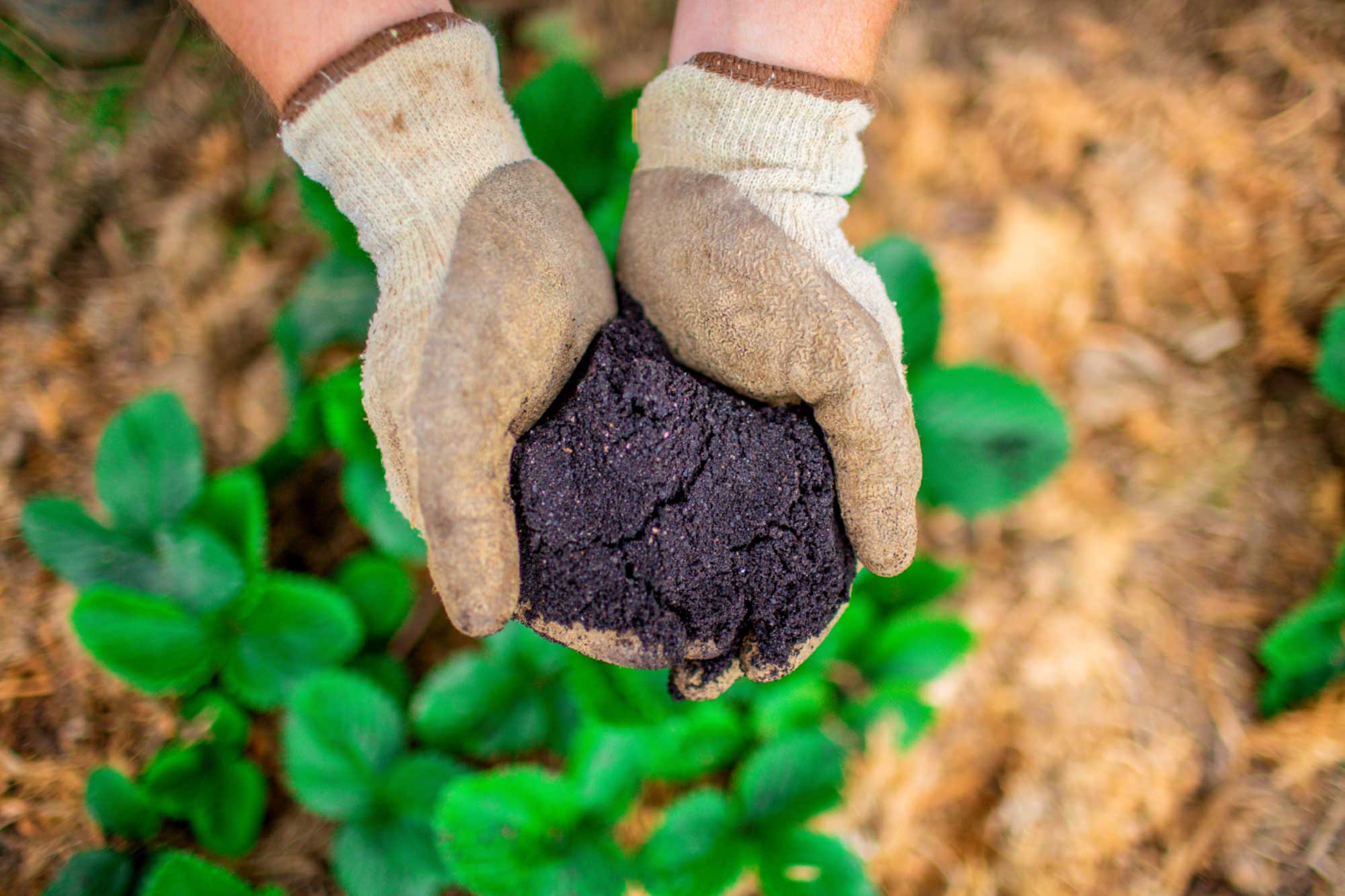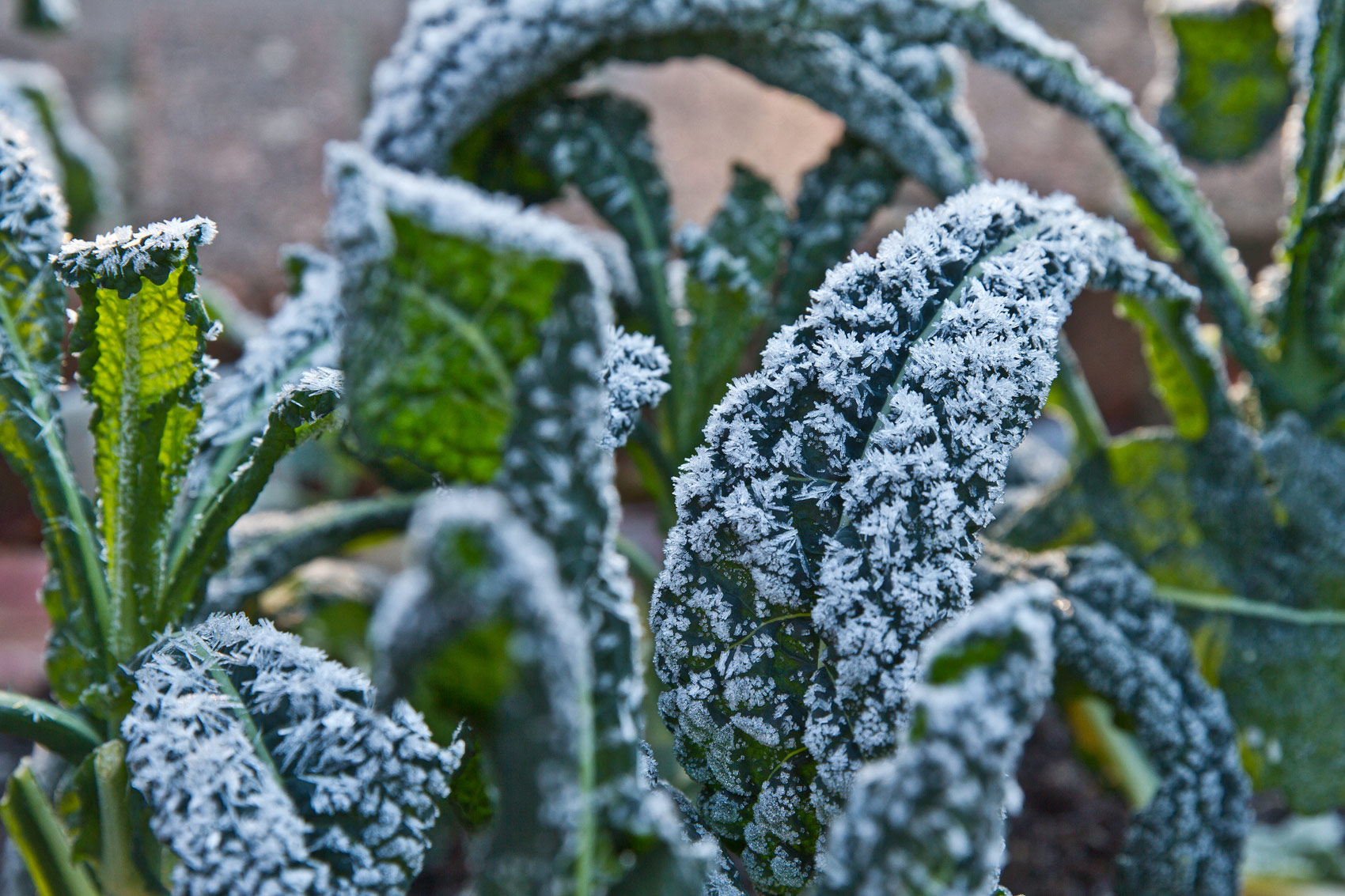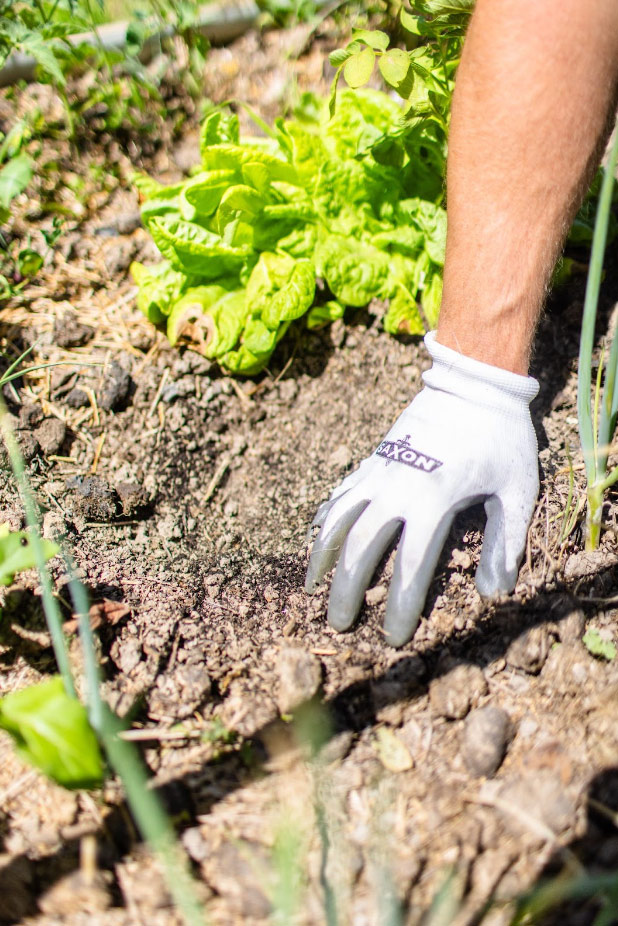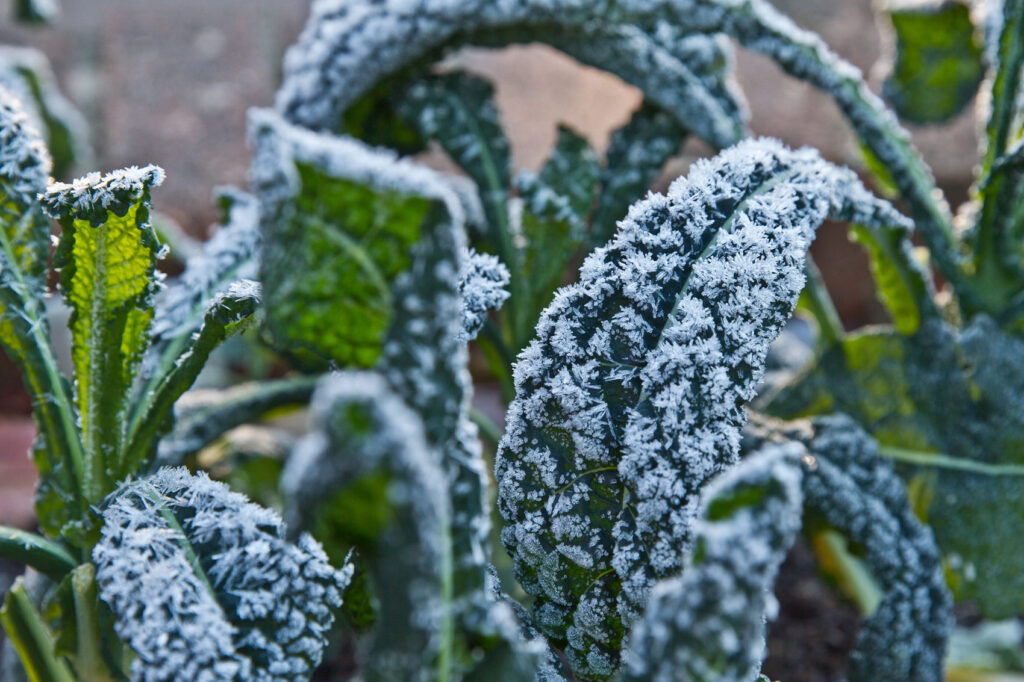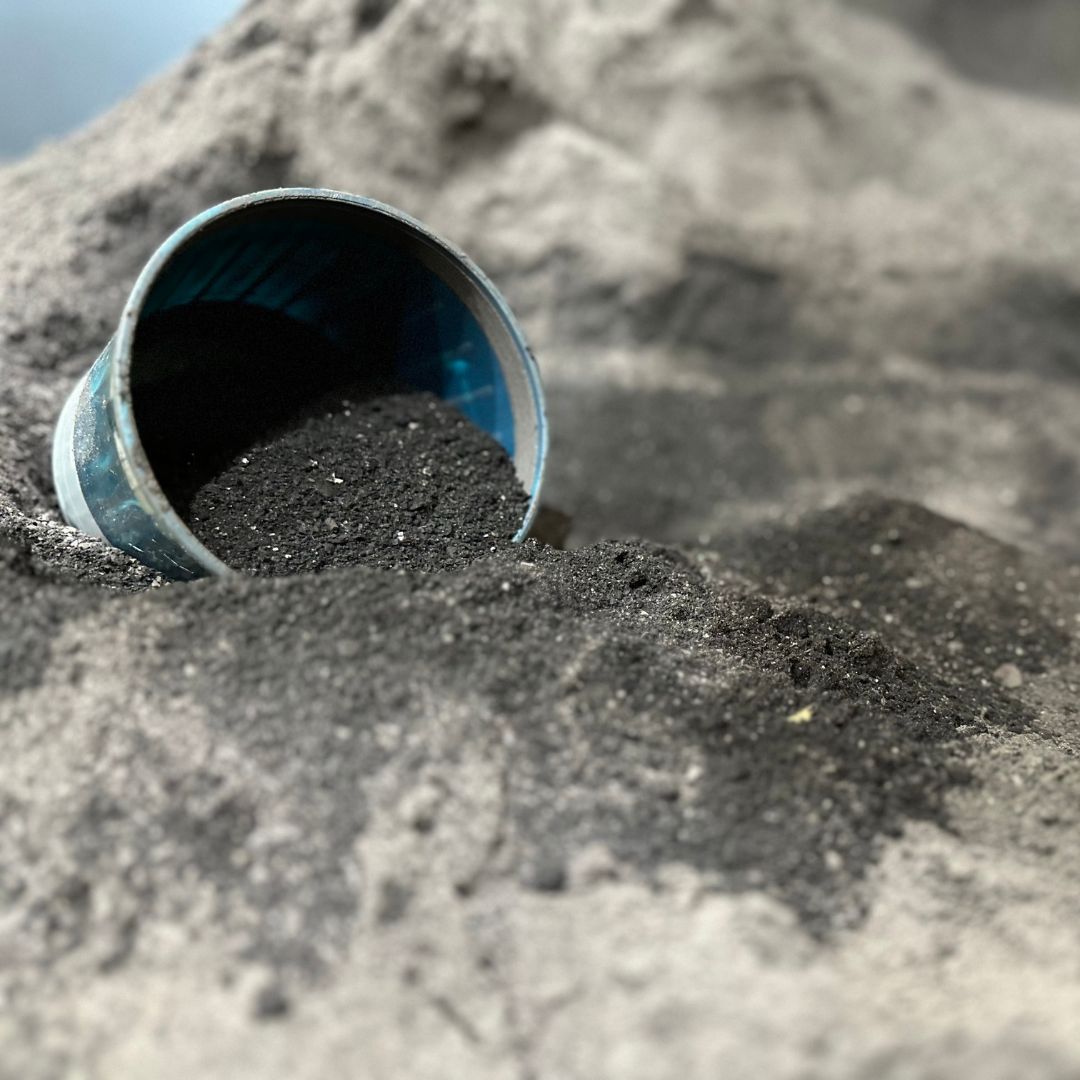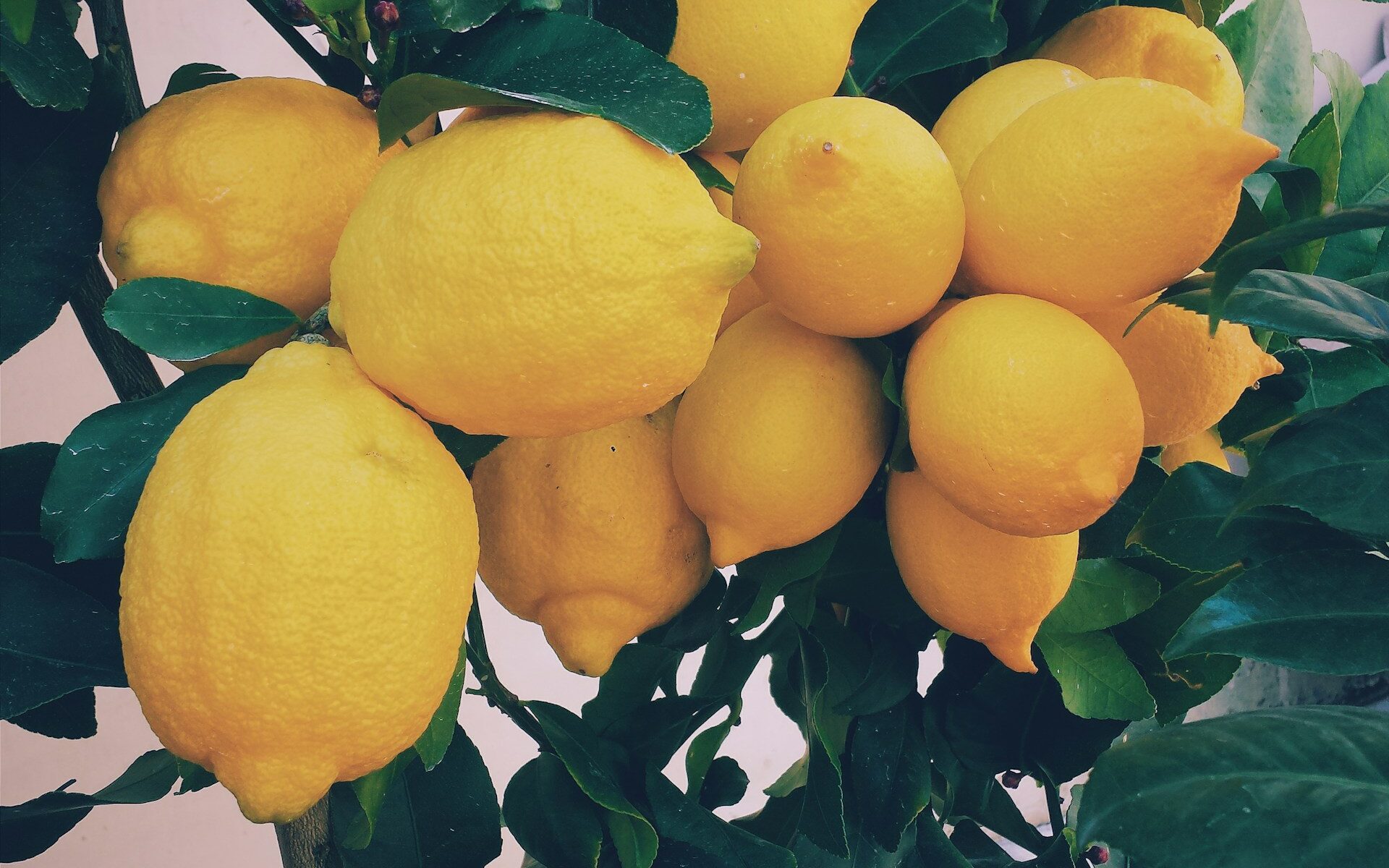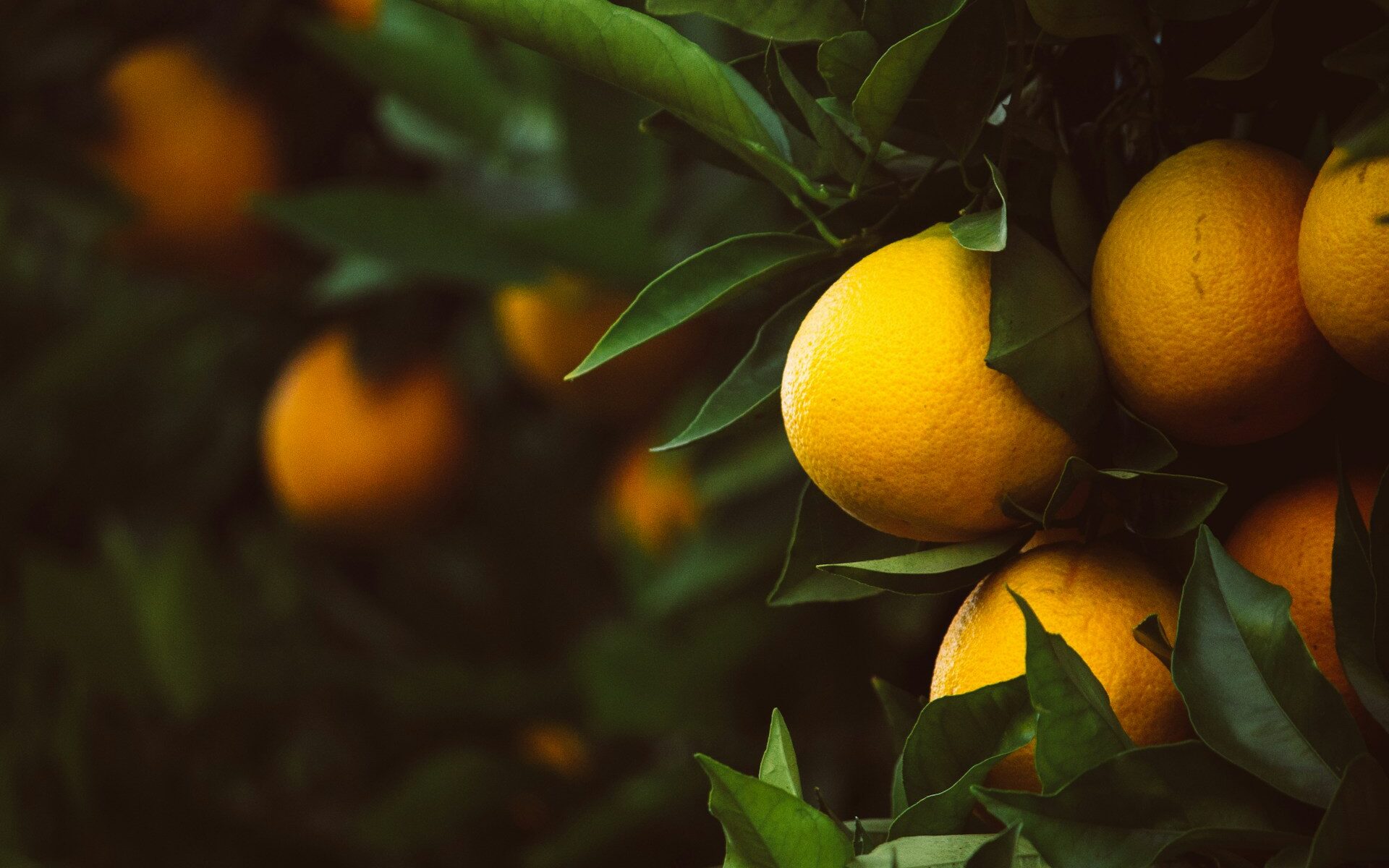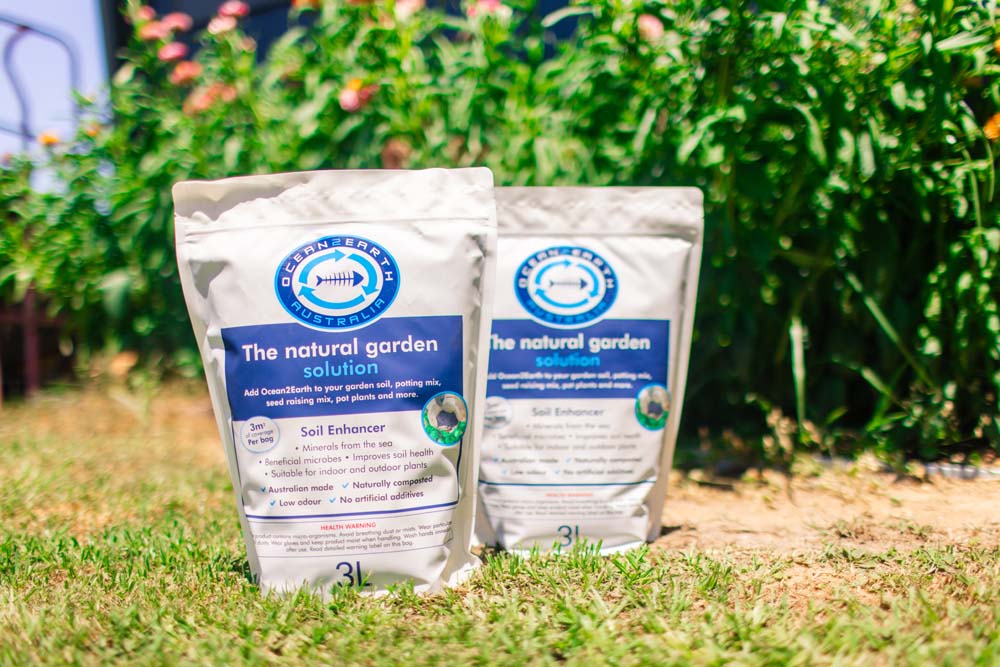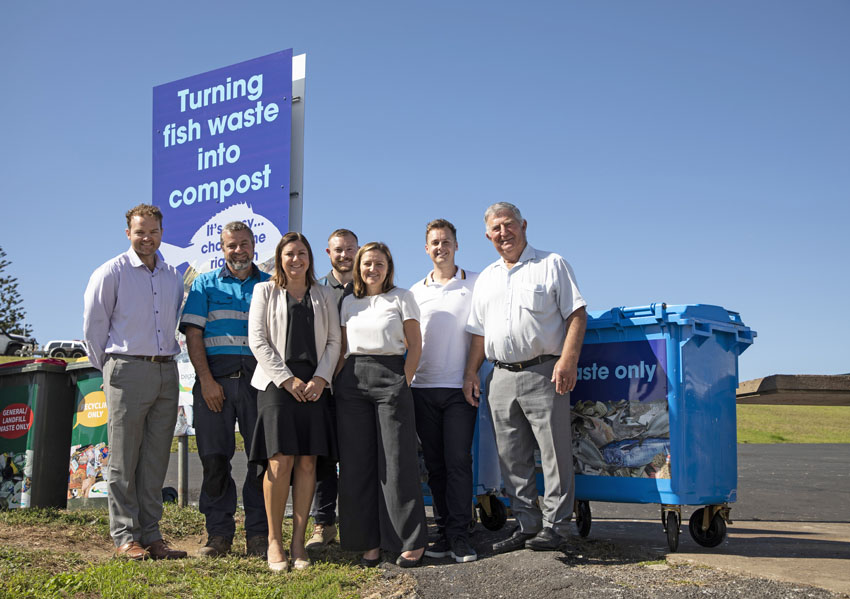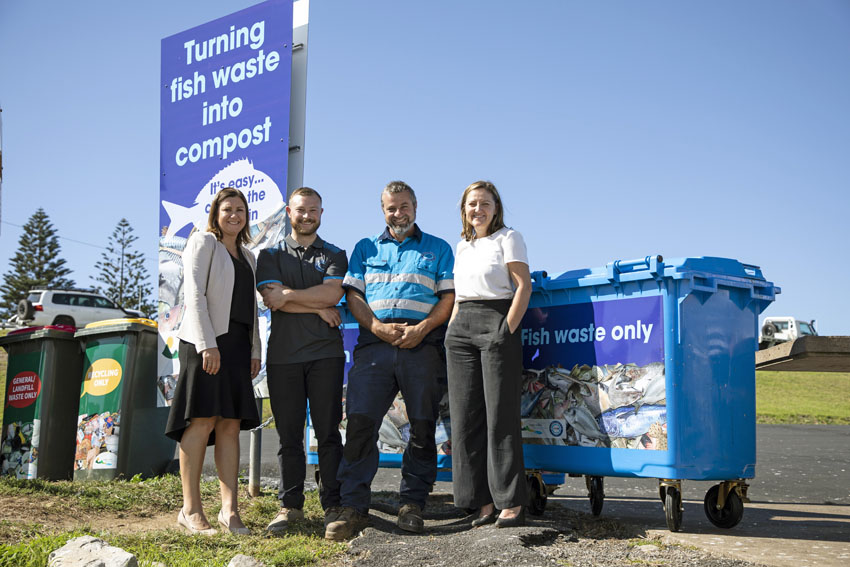Winter in the garden is often seen as a time of dormancy, a period where the vibrant life of spring and summer retreats into the quiet chill of shorter days. However, for avid gardeners in Australia, especially across the temperate regions of our south east and west, winter presents a unique opportunity to prepare and enrich the garden soil, ensuring a robust start to the growing season come spring.
Understanding the unique winter conditions from the cool southern states to the milder tropical north is crucial for implementing effective soil enrichment practices. With temperatures generally ranging from 3 to 1°C during Australia’s winter months of June through August, gardeners must adapt their strategies to suit local conditions, ensuring their soil is not just surviving but thriving.
The Importance of Winter Soil Preparation
Winter soil preparation is less about immediate gratification and more about setting the foundation for future growth. It’s a time to nurture the garden, to replenish and enrich the soil, readying it for the burst of life that spring promises. One of the simplest, yet most effective ways to feed your garden soil a long, gradual supply of nutrients throughout summer is by adding a 1″ to 2″ layer of compost in early spring.
But why wait until spring? Preparing your soil in winter means you’re on the front foot, allowing the compost to integrate and begin its work of enriching the soil ahead of time. This proactive approach ensures that once the warmer weather arrives, your plants have all they need to grow vibrantly.
The Benefits of Ocean2Earth
An innovative approach to winter soil preparation for Australian gardens is the application of Ocean2Earth products. This natural fertiliser, derived from composting seafood waste, is particularly beneficial during the cooler months. It not only builds up plant strength, making them more resilient against diseases but also ensures the promise of vibrant flowers and juicy fruits and vegetables once spring arrives.
The magic behind Ocean2Earth lies in the micro and macro-nutrients provided by the composted seafood waste. These nutrients are not only healthy for the soil but also beneficial for the environment. During winter, when soil nutrient needs are minimal, chemical fertilisers often result in nutrient leaching and waste. In contrast, a natural fertiliser like Ocean2Earth contributes essential minerals such as potassium and calcium directly to the soil without the risk of leaching.
Furthermore, the consistent addition of microbes to the soil plays a vital role. These microbes work tirelessly throughout the winter to break down nutrients that have been locked up over time, making them available to plants as the weather warms. This process is crucial for unlocking the full potential of your garden soil, ensuring it is primed for planting as spring approaches.
Implementing Winter Soil Preparation
- Evaluate Your Garden’s Needs: Consider the specific conditions of your garden, including soil type and local climate. This will help determine the most effective winter soil preparation strategy.
Apply Compost: Adding a layer of compost, such as Ocean2Earth, enriches the soil with vital nutrients and microbes. Do this early in winter to allow the compost to integrate well before spring.
- Minimise Disturbance: Keep soil disturbance to a minimum during the colder months to protect the microbial life and structure of the soil.
- Plan Ahead: Use the winter months to plan your spring garden. This includes deciding on plant placements based on the enriched soil areas.
- Water Wisely: Although less water is required in winter, ensure your soil doesn’t completely dry out, as this can harm the beneficial microbes working to enrich it.
By following these steps and utilising natural, nutrient-rich products like Ocean2Earth, gardeners can significantly enhance the health and fertility of their garden soil, setting the stage for a lush, vibrant garden come spring.
Winter may seem like a time to retreat indoors, but for the garden, it’s an essential period of preparation and renewal. By taking the time to enrich and prepare your soil now, you’re investing in the future health and beauty of your garden. When the first buds of spring appear, you’ll be rewarded with a flourishing landscape ready to burst into life.
The Benefits of Ocean2Earth Compost
Ocean2Earth compost is particularly beneficial for winter soil preparation due to its rich content in both micro and macro-nutrients. Unlike chemical fertilisers, which can leach away and waste nutrients during winter when the soil doesn’t require as much feeding, Ocean2Earth provides a natural alternative. It introduces essential minerals such as potassium and calcium into the soil without the risk of leaching, making it both healthy for your garden and the environment.
An application of Ocean2Earth to your plants during winter can build up plant strength, helping them resist diseases. This preparation ensures that once spring arrives, your garden will be ready to showcase vibrant flowers and produce juicy fruits and vegetables. The secret lies in the compost’s ability to add not just nutrients but beneficial microbes to the soil.
Microbes: The Unsung Heroes of Your Garden
The addition of microbes to your soil is, perhaps, one of the most significant benefits of winter composting. These microscopic organisms play a critical role in breaking down locked-up nutrients that have built up over time, making them available to plants as the weather warms. This process is crucial for ensuring that your garden has access to all the necessary nutrients it needs to flourish in spring.
Final Winter Prep
Preparing your garden for winter might not be the first thing on your mind as the temperature drops. However, for those passionate about gardening or landscaping, the colder months offer a golden opportunity to set the stage for a successful, vibrant spring. By choosing the right compost, like Ocean2Earth, which is not only rich in nutrients but also environmentally friendly, you can ensure that your garden is not just surviving the winter but thriving in preparation for the seasons ahead.
Remember, gardening is not just a seasonal hobby but a year-round commitment to nurturing and understanding the earth. Winter soil preparation is a testament to this commitment, ensuring that when the flowers return, your garden is ready to welcome them with open arms.


